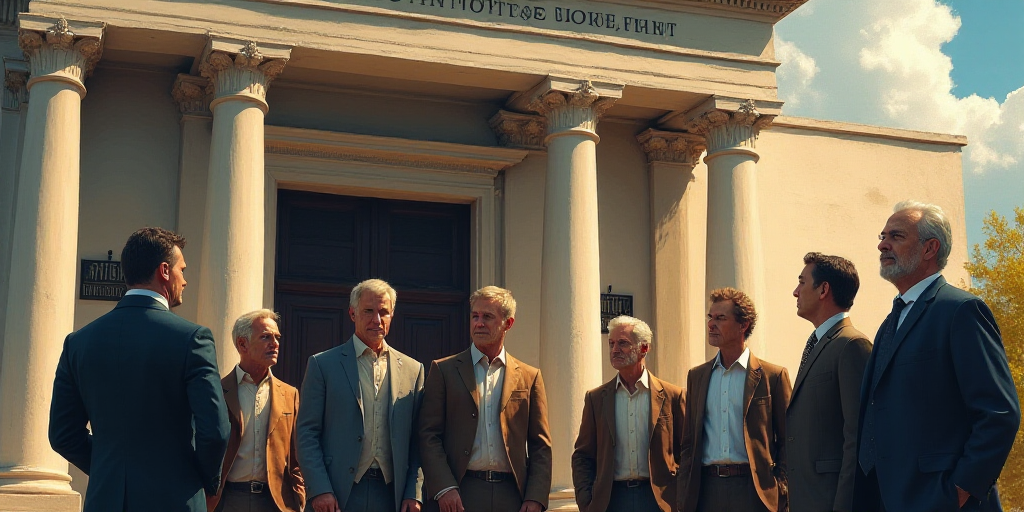Background on the International Criminal Court (ICC)
The International Criminal Court (ICC) is an independent, permanent court that investigates and, where warranted, tries individuals charged with the gravest crimes of concern to the international community: genocide, war crimes, crimes against humanity, and the crime of aggression.
The ICC was established in 2002 by the Rome Statute, an international treaty adopted by a majority of countries worldwide. As of now, 123 states are members of the ICC, including several European democracies that support its mission.
US-ICC Tensions: A Historical Perspective
The United States, under the administration of President George W. Bush, signed the Rome Statute in 2000 but later withdrew its signature in 2002. The primary reasons for this decision were concerns over potential ICC investigations into US military personnel and the lack of US control over the court’s jurisdiction.
Subsequent administrations, including that of President Donald Trump and now Secretary of State Marco Rubio, have maintained a critical stance towards the ICC. They argue that the court poses a threat to national security and has been used as a tool for what they call “legal warfare” against the US and its close ally, Israel.
Recent Sanctions Imposed by the US
On this particular Wednesday, the US Department of State announced additional sanctions against four judges and prosecutors of the ICC, including individuals from close allies like France and Canada.
Marco Rubio, the current Secretary of State, stated in a press release that the ICC represents a national security threat and has been used as a legal weapon against both the US and Israel without either nation’s consent.
Targeted Individuals
- Nicolas Guillou, a French judge presiding over a case involving an arrest warrant for Israeli Prime Minister Benjamin Netanyahu, initiated by the Palestinian State (though not recognized by the US, Palestine is a member of the ICC).
- Kimberly Prost, a Canadian judge who participated in a case authorizing an investigation into alleged war crimes committed during the Afghanistan conflict, affecting US forces.
- Nazhat Shameem Khan, a judge from Fiji, who supported ICC actions against Israel, including arrest warrants for Netanyahu and former Defense Minister Yoav Gallant.
- Mame Mandiaye Niang, a prosecutor from Senegal, who also backed ICC initiatives against Israel.
The sanctions include banning these individuals from entering the US and freezing any assets they may hold within the country.
Impact of US Sanctions
These sanctions are part of a broader pattern by the US to obstruct and undermine the ICC, often targeting adversaries while sparing close allies. Critics argue that such actions weaken international cooperation in fighting impunity and set a dangerous precedent for selective justice.
Key Questions and Answers
- What is the International Criminal Court (ICC)? The ICC is an independent, permanent court that investigates and tries individuals accused of genocide, war crimes, crimes against humanity, and the crime of aggression.
- Why are the US and Israel critical of the ICC? Both nations argue that the court poses a threat to their national security and has been used as a legal tool against them without consent.
- Who are the recently sanctioned individuals and why? The sanctioned judges and prosecutors are accused of supporting ICC actions against Israel, including arrest warrants for high-ranking Israeli officials, without the consent of the US or Israel.
- What are the consequences of these sanctions? The sanctioned individuals will be barred from entering the US, and any assets they hold within the country will be frozen.






